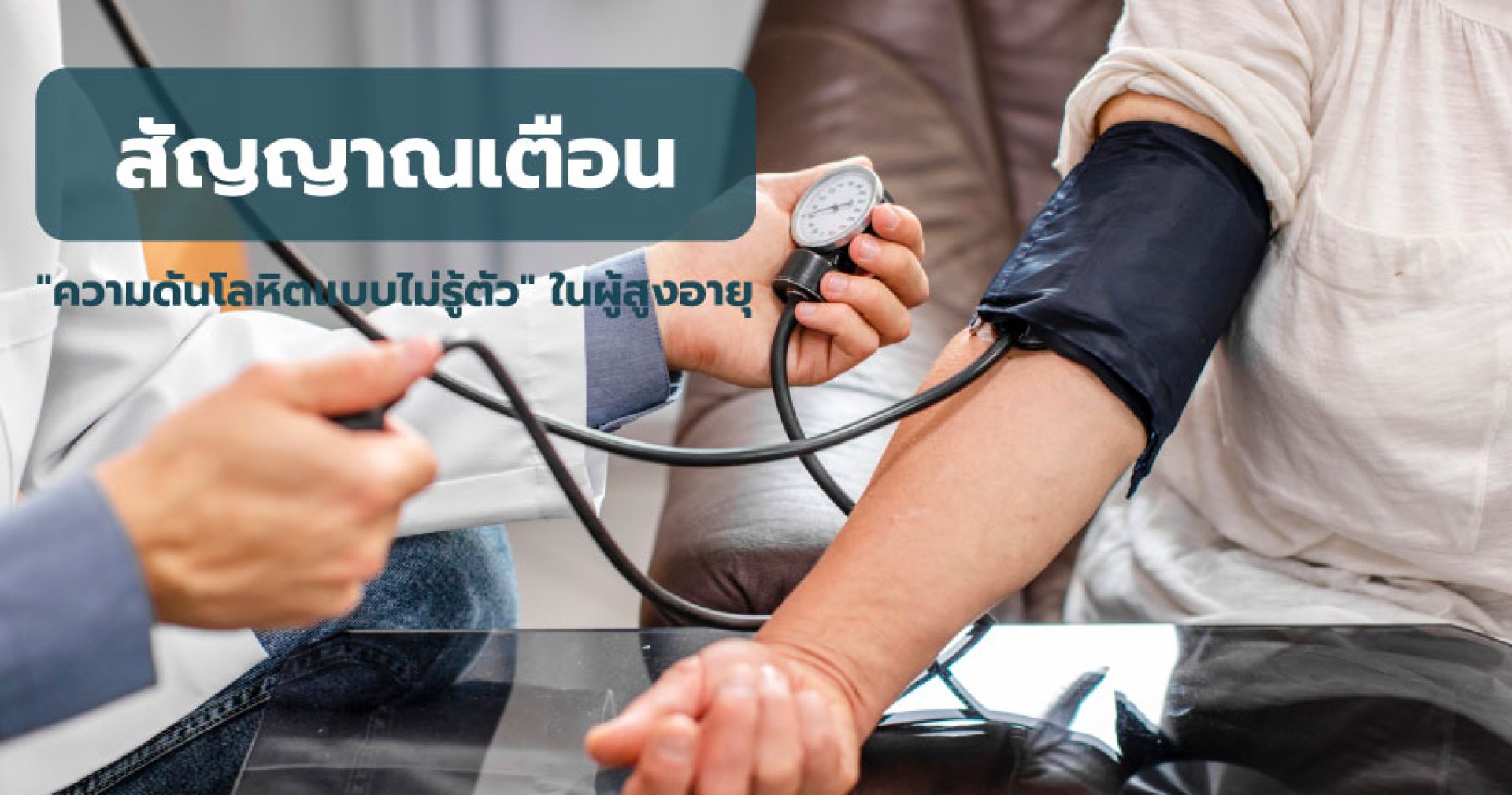Warning Signs of "Unconscious Hypertension" in the Elderly

Warning Signs of "Unconscious Hypertension" in the Elderly
In present times, most individuals can take care of themselves and maintain their health more efficiently. However, in elderly individuals, there exists a factor leading to "unconscious hypertension," which is something to be wary of while caring for oneself. Lets delve deeper into understanding this phenomenon.
Warning Signs and Risks
"Unconscious hypertension" often does not exhibit clear symptoms in the initial stages. There might be some symptoms we should be aware of, such as feeling exhausted, experiencing dizzy spells, or having headaches, which are indicators of having too high or too low blood pressure.
Close Assistance
Regular blood pressure monitoring is a critical factor in preventing and controlling hypertension, enabling us to improve health and reduce the risks associated with high blood pressure.
Physical and Mental Health
To prevent diseases related to hypertension and to enhance the lives of the elderly, taking care of mental health and maintaining physical freshness is considerably essential.
Behavioral Changes
Behavioral changes, such as consuming nutritious food and exercising regularly, can help reduce the risk of experiencing unconscious hypertension.
Conversations with the Doctor
Discussing with a doctor and sharing your concerns can help you receive good advice and better manage your blood pressure in the long term.
Conclusion
In practice, managing "unconscious hypertension" can be challenging. However, by being aware and following the above steps, we can reduce the risks and promote better health for the elderly in our lives.


